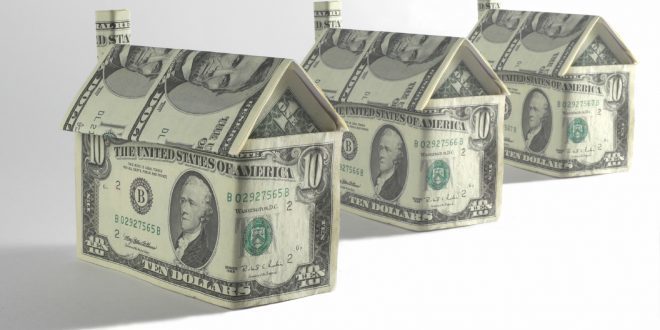An appraisal is a certification by a licensed professional that a house is worth a certain amount based on comparable sales. It is, however, an opinion of value based on one person’s analysis and experience. The actual “market value” is the amount a buyer is willing to pay and for which a seller is willing to sell under normal circumstances. This value is very important for rehabbers trying to estimate the future value of their property.
Investors often misunderstand the phrase market value. Here’s a good way to understand this: Imagine that a home has been on the market for several months. Typically, homes in this particular market sell within a few weeks. But if the seller doesn’t receive a single offer, you have to assume the property is overpriced. Several factors may contribute to the problem, including the condition, location, and layout out of the house. However, all these get factored into the asking price. In short, if the house is priced right for its location, condition, and features, it will sell within the same time frame of other houses in the neighborhood.
Many times the real estate broker takes a listing at a higher price than “market” with full knowledge that the home is listed too high. Sometimes brokers do this to win the listing over competing brokers by telling sellers what they want to hear. Like the barber who says, “It’s a great haircut,” they’ll say, “I’ll get you a higher price.” Most often, having a price that is higher than the market is the seller’s fault (rather than the broker’s) because the seller has unrealistic expectations about the property’s value.
However, you can’t always blame sellers. They get their information from other brokers, the sale prices of other homes in the neighborhood, information and misinformation from neighbors, and the most recent appraisal. Therefore, your job as an investor is to sift through the information and determine the real value of the property.
In the real estate business, the subject property is often its own best “comp.” This means that the final sales price agreed upon by the buyer and seller is generally the property’s true market value. It doesn’t matter what the real estate broker, appraiser, neighbor, or mortgage broker have said. The actual selling price will determine the property’s value.
A common trap for novice investors is the so-called “bargain” or wholesale property. For example, a house is appraised at $200,000 and available for only $150,000. Certainly, there are cases in which a property is available for a real discount of 25 percent, particularly if the property is in disrepair or the seller is extremely motivated as in the case of a divorce or foreclosure.
Absent motivating circumstances, however, if the property in question sells for $150,000, the comp has been established for this house. The value of the property is what it sold for, regardless of what the appraisal shows. Many houses are listed on the MLS as “priced below appraisal” and, in fact, sit for months without selling. If a property was listed on the MLS at $150,000 for six months when the average number of days on market in that price range is 96 days, does the $200,000 appraisal mean anything? Obviously not!
A word to the wise: When you’re doing comparable sales, look at the sales history of the property itself. Knowing if it was previously listed, re-listed, or sold helps a great deal in determining a property’s true value. Don’t buy a house you think is worth $200,000 just because it is appraised for $200,000 – do your due diligence.
Having a good mentor in your corner if you are new to the real estate industry can be a real money saver in the long run!
Free Real Estate Crash Course!Join free membership on Legalwiz.com and get instant access to our Real Estate Investing Crash Course, a $297.00 value! No catch, no trial offer, and no credit card required. Also, as a free member you will receive special discount offers on our products, seminars, and services.
|
|---|

